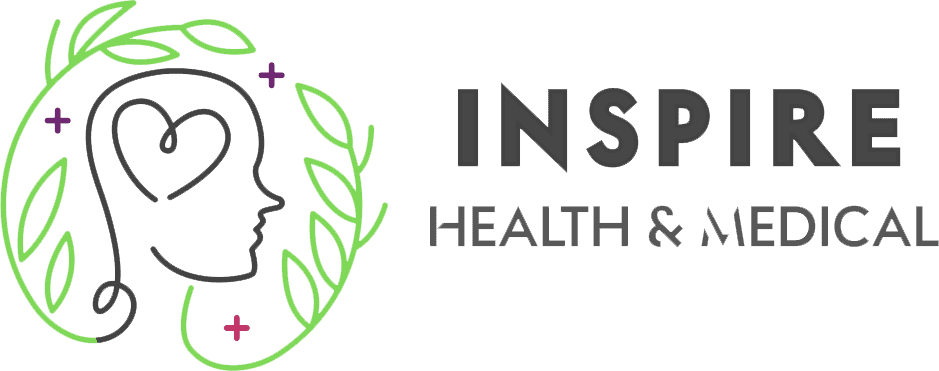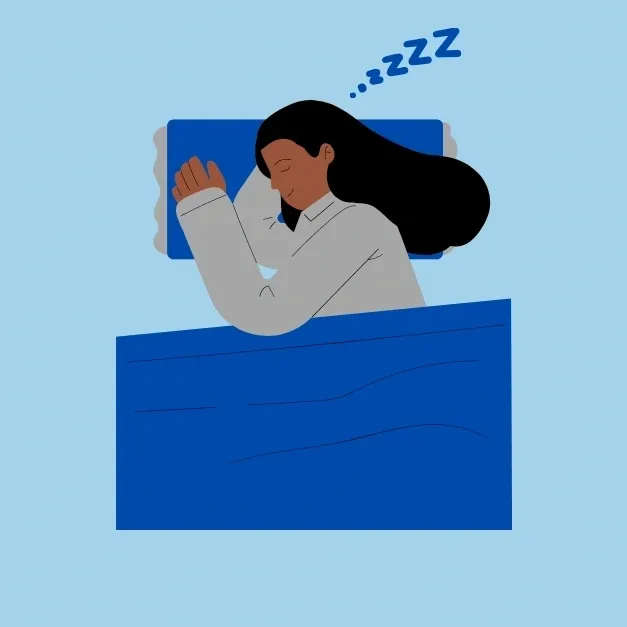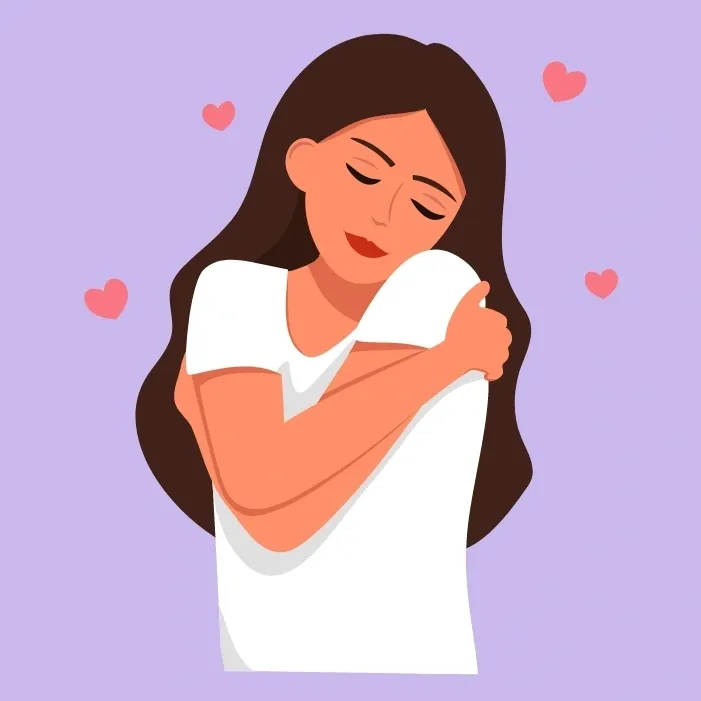
Sleep is a basic human need. Just like most things, sleep is unique so everyone needs a different amount of it to function at their best. We know that getting enough sleep makes us feel and function better – so it’s not surprising that it is also important to maintain good mental health and overall wellbeing (Hepsomali & Groeger, 2021). Of real concern is the strong link between poor sleep and mental health problems including anxiety, depression and stress – all of which have only worsened since the COVID-19 pandemic (Varma, Burge, Meaklim, Junge & Jackson, 2021). So, you can only imagine why we are so concerned to see that anywhere between 2 to 56% of people struggle with their sleep (Hepsomali & Groeger, 2021).
We know that getting enough sleep is not always easy – we’re busy people and sometimes it doesn’t feel like there are enough hours in the day. But seeing as sleep is so important (see above statistics), it is important that we learn how to get enough of it to support optimal functioning. So, we are here to share a little trick we like to use ourselves – a relaxation exercise of sorts – to get those pesky thoughts to settle down enough to get a little shut eye.
Clouds in the Sky
Allow your eyes to close, or if you feel more comfortable, fix them on a point in front of you. “Start by relaxing the muscles in your forehead. Relax your eyes, your cheeks, your jaw and focus on your breathing. Now go down to your neck and your shoulders. Drop them as low as you can and keep your arms loose to your side, including your hands and fingers” (Healthline, 2022). Imagine that you are laying in the soft grass of a hilly paddock, the warmth of a spring day on your skin. Feel the strength of the ground beneath you and the sound of a soft breeze blowing in the trees. Now, look up at the sky above you and notice the clouds as they pass by – not slow, not fast, just as they are. Notice the many thoughts, feelings and images that play through your mind, and each time one pops up, place it on one of the clouds and watch it float by (O’Donoghue, Morris, Oliver & Johns, 2022).
There is no expectation here – all you have to do is watch the sky with the clouds passing by. You do not need to change what comes up, how fast the clouds are moving or what you’re doing – if you notice your mind wandering, just stop and acknowledge this, then gently bring your attention back to cloud watching. If you notice that your thoughts have stopped, just notice the clouds passing and sooner or later they will begin again. You will wander off track – this is natural – just notice this and bring your attention back to watching the clouds pass by in the sky. Remember, as you notice any thought, feeling, image or sensation, place it onto a cloud and let it pass by (O’Donoghue, Morris, Oliver & Johns, 2022).
Try practicing the exercise each night when you get into bed – remember the important thing is not to stop thinking, shut off your thoughts completely or remain entirely focused on the task, but rather to maintain an open and curious attitude as to what’s going on inside you.
References
Healthline: Medical information and health advice you can trust. (2022). Retrieved 4 February 2022, from http://www.healthline.com
Hepsomali, P., & Groeger, J. A. (2021). Diet, Sleep, and Mental Health: Insights from the UK Biobank Study. Nutrients, 13(8), 2573.
O’Donoghue, E., Morris, E., Oliver, J., & Johns, L. (2022). Resources – ACT for Psychosis Recovery. Retrieved 4 February 2022, from http://actforpsychosis.com/resources
Varma, P., Burge, M., Meaklim, H., Junge, M., & Jackson, M. L. (2021). Poor sleep quality and its relationship with individual characteristics, personal experiences and mental health during the COVID-19 pandemic. International journal of environmental research and public health, 18(11), 6030.








